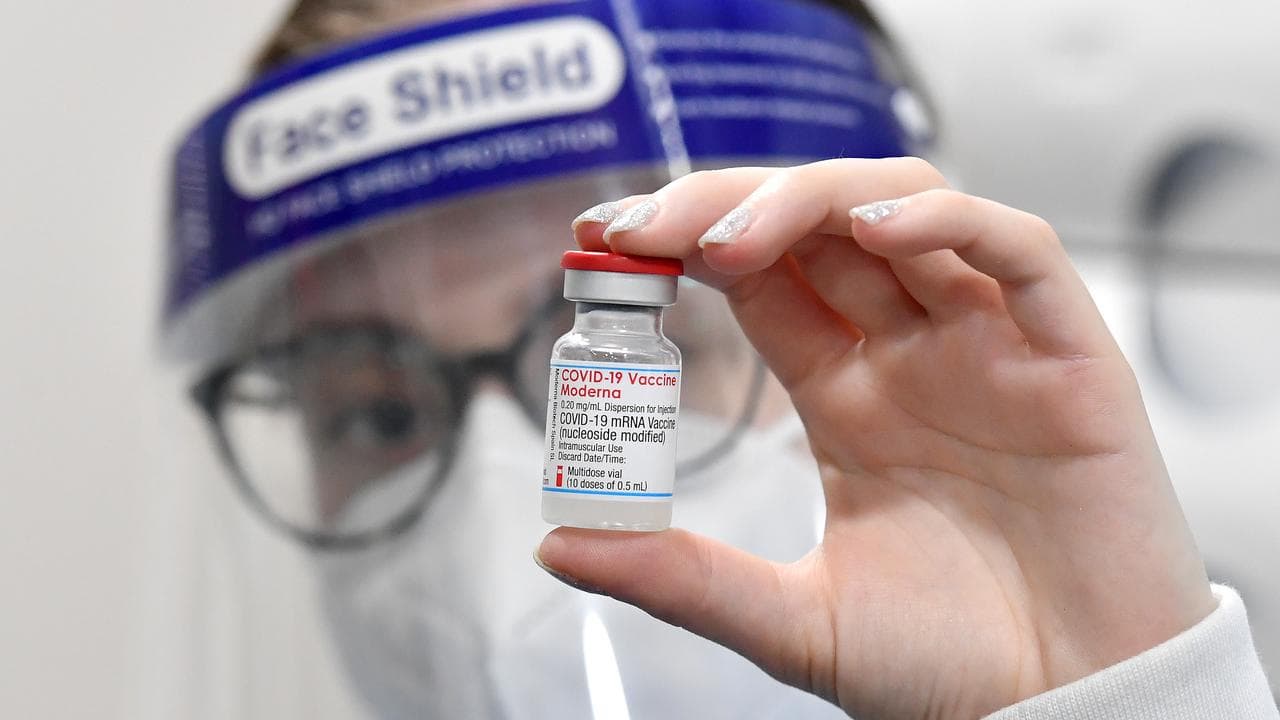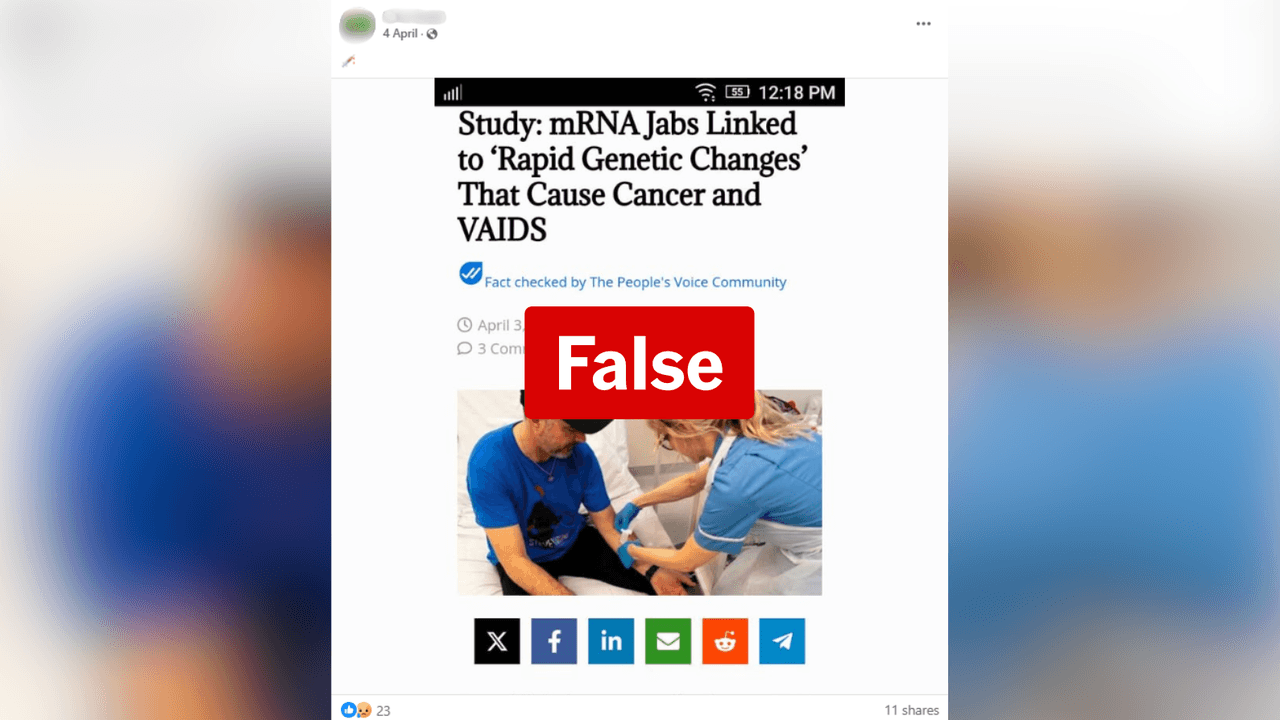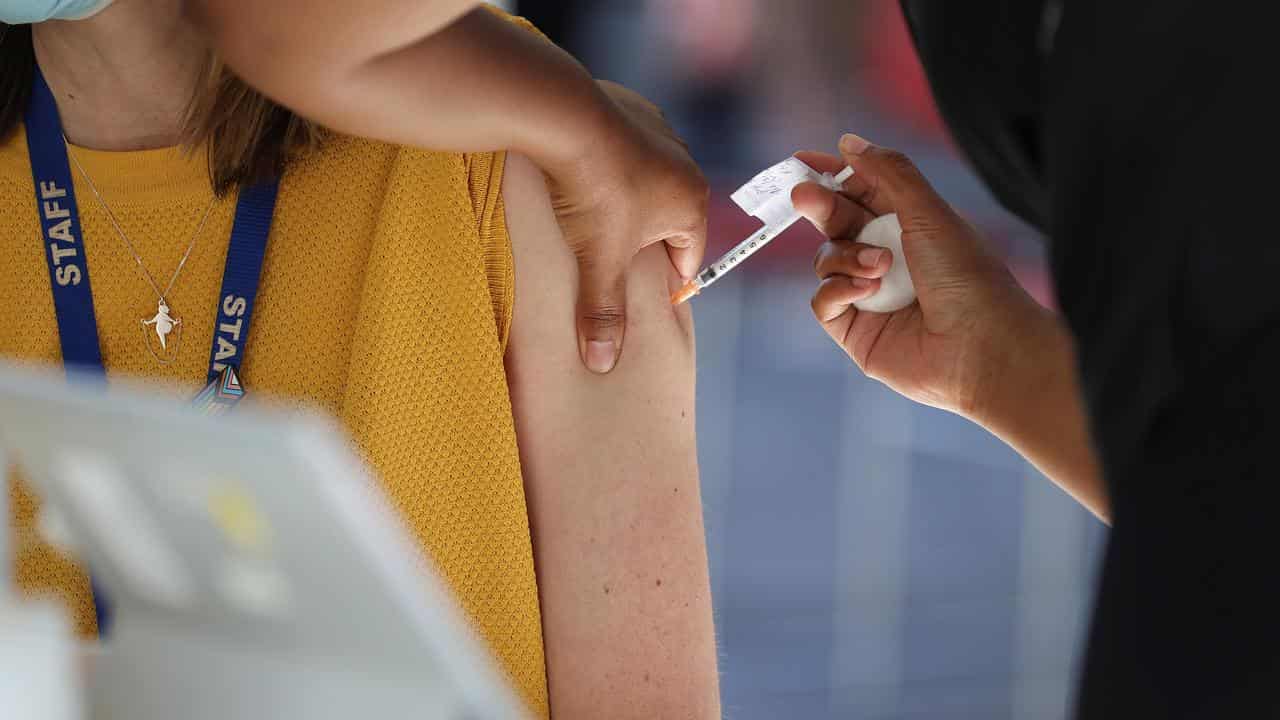
What was claimed
A German study found that mRNA vaccines are linked to cancer and 'VAIDS'.
Our verdict
False. Two of the study's lead authors say the findings have been misrepresented.
AAP FACTCHECK - A study has not found that mRNA vaccines are linked to genetic changes that cause cancer and so-called vaccine-acquired AIDS, despite spurious claims on social media.
Two of the study's lead authors say the paper has been misrepresented, noting the vaccines did not change people's DNA, and that there's no scientific link between mRNA vaccines and cancer.
Reuters Fact Check previously found there is no such thing as a “vaccine-acquired immunodeficiency syndrome” or “VAIDS”.
Various Facebook and X posts link to an article by The People's Voice, which AAP FactCheck has debunked numerous times.
"Study: mRNA Jabs Linked to 'Rapid Genetic Changes' That Cause Cancer and VAIDS," the X post says, referencing the article headline.
The TPV article claims the study's researchers warn the vaccines could "rewire human DNA", sparking "deadly inflammatory responses".

The study in question was published in March 2025 by researchers from the University of Cologne and University Hospital Cologne in Germany.
It sought to uncover what lasting changes COVID-19 mRNA vaccines have on immune memory, which is the immune system's ability to recognise and fight pathogens such as bacteria or viruses quickly.
The researchers studied immune cells known as "macrophages", a type of white blood cell. They analysed blood samples from vaccine recipients before and at various intervals after vaccination.
They then studied the macrophages' response to various danger signs associated with infection and found there were enhanced responses after vaccination compared to before.
This was the case even when fighting bugs other than SARS-CoV-2, the virus that causes COVID.
The authors concluded that the vaccine could stimulate lasting immune memory by inducing "epigenetic" modifications in immune cells.
Epigenetic changes can alter gene function by turning on or off certain genes, and can be influenced by factors such as infections, nutrition, stress and vaccinations, says one of the study's lead authors, Alexander Simonis from the University Hospital Cologne.
The People's Voice article implied, without basis, that this process was linked to cancer and that the vaccines could "rewire human DNA".
"Suggestions that our findings indicate a general suppression of the immune system or a link to cancer are entirely unfounded and directly contradict our results," Dr Simonis told AAP FactCheck.

Jan Rybniker, a fellow lead author from the University of Cologne, said epigenetic changes did not alter the underlying DNA sequence or chromosomes of people who received the vaccines.
"The changes … affect gene expression without altering the genetic code itself," Professor Rybniker told AAP FactCheck.
"And they fade over time."
Dr Simonis explained that epigenetic modifications are a normal and essential part of gene regulation and "such changes are not inherently harmful".
While epigenetic mechanisms are involved in some diseases, he said, they are "fundamental to normal biology and are not pathological per se".
The study also highlighted the importance of a genetic marker known as H3K27ac, which is a chemical "tag" that marks certain parts of the DNA as active, Dr Simonis explained.
The study found evidence that the marker plays a role in immune memory, helping genes related to the immune system become more easily reactivated when fighting bugs in future.
The People's Voice article implied H3K27ac activity following COVID vaccination was linked to cancer, as it had elsewhere been associated with tumour development.
However, Dr Simonis explained that the marker is not "inherently good or bad" and such chemical tags are simply tools the body uses to regulate genes.
"In some cancers, abnormal patterns of H3K27ac may keep cancer-promoting genes switched on. But in other cases, especially in immunotherapy or cancer prevention, H3K27ac can help activate genes that fight tumours," he said.
Prof Rybniker added that the changes observed were not unique to the study or vaccines.
"They are universal and can also be seen in other settings, such as during infections. Importantly, these modifications are not exclusive to cancer cells — our study focused on macrophages, not cancer cells," he said.
"There are no scientific or experimental links between mRNA vaccines and cancer."
Science Feedback has debunked similar claims about the study.
AAP FactCheck has previously debunked similar claims about a different study.
AAP FactCheck is an accredited member of the International Fact-Checking Network. To keep up with our latest fact checks, follow us on Facebook, Instagram, Threads, X, BlueSky, TikTok and YouTube.




